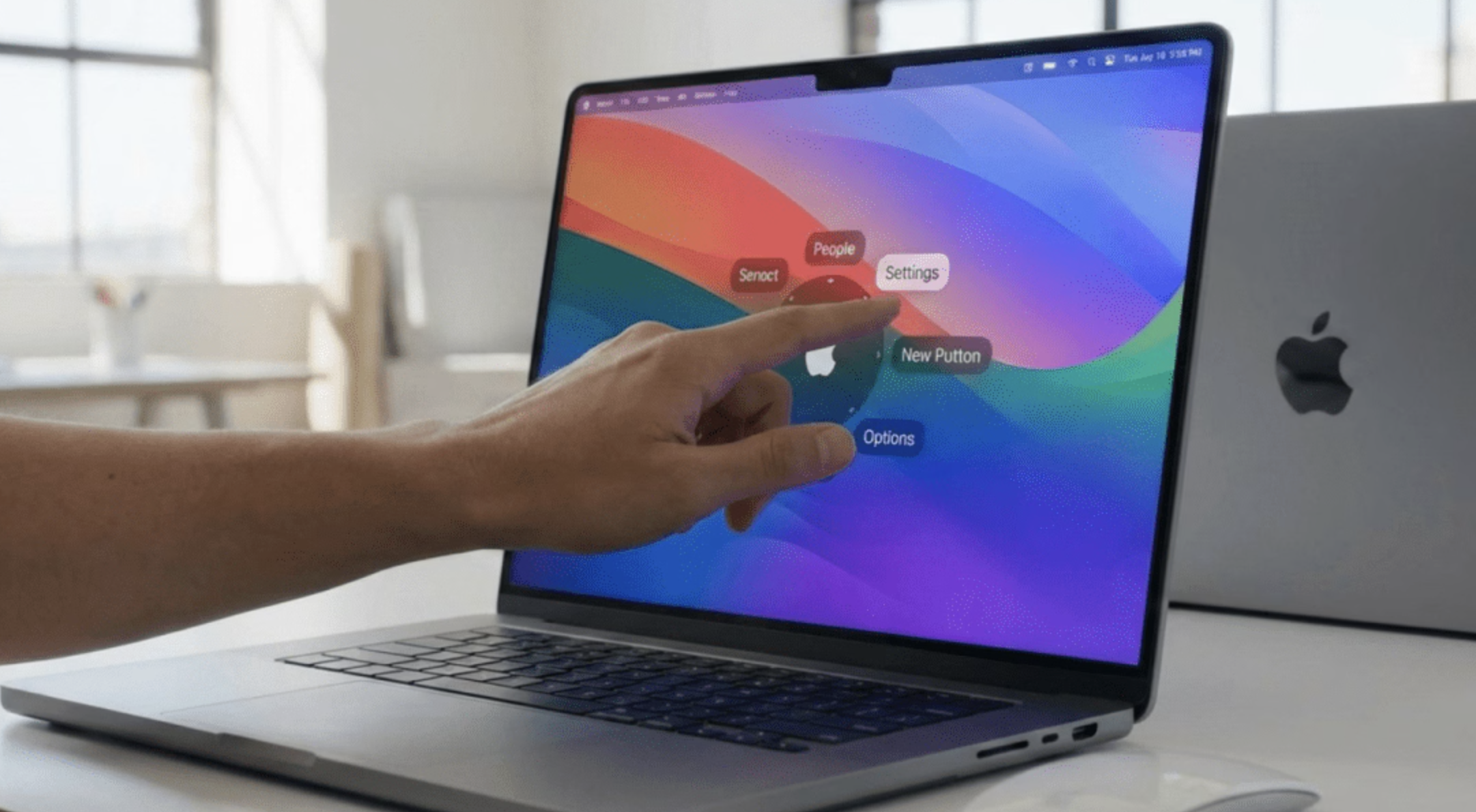ChatGPT, OpenAI’s artificial intelligence chatbot, which has taken the world by the storm has revolutionized generative AI space and has piques everybody’s interest about AI in general, be its applications or the future scope.

However, just like every new invention, AI has had few people frowning and apprehensive about its scope as well as future repercussions.
Concerns over privacy, biases have been raised and in this latest development in the AI world, OpenAI has announced that it will award 10 equal grants from a fund of $1 million for experiments in democratic processes to determine how AI software should be governed to address bias and other factors.
$100,000 Grants for Creating Framework
As per the blog post in which the fund was announced, the company said that $100,000 grants will go to recipients who present compelling frameworks for answering such questions as whether AI ought to criticize public figures and what it should consider the “median individual” in the world.
Critics argue that AI systems like ChatGPT possess inherent bias due to the input they receive, which shapes their perspectives. Users have discovered instances of AI software producing racist or sexist outputs. There is a growing concern that AI, in collaboration with search engines such as Google and Bing, could convincingly generate incorrect information.
OpenAI, with $10 billion in backing from Microsoft, has been at the forefront of advocating for AI regulation. However, the organization recently threatened to withdraw from the European Union due to proposed rules. OpenAI’s CEO, Sam Altman, mentioned that the current draft of the EU AI Act seems overly regulatory, but there are discussions to amend it.
The grants provided by OpenAI are insufficient to fund substantial AI research. In the rapidly expanding field of AI, salaries for AI engineers and professionals can easily exceed $100,000 and even reach $300,000.
OpenAI stated in a blog post that AI systems should benefit all of humanity and be designed to be as inclusive as possible. The grant program they are launching is a first step in that direction. However, the organization clarified that the results of the funding would influence their perspectives on AI governance, but the recommendations would not be binding.
Need of AI Regulation
Altman has been a prominent advocate for AI regulation while simultaneously introducing updates to ChatGPT and the image-generator DALL-E. He recently appeared before a U.S. Senate subcommittee, expressing concerns about the potential risks of this technology.
Microsoft has also endorsed comprehensive AI regulation, despite their commitment to incorporating AI into their products. They are in a race with OpenAI, Google, and other startups to offer AI solutions to consumers and businesses.
AI’s potential to enhance efficiency and reduce labor costs interests nearly every sector. However, there are worries about AI spreading misinformation or factual inaccuracies, which industry insiders refer to as “hallucinations.” AI has already been responsible for various widely believed hoaxes, including a recent viral image depicting an explosion near the Pentagon, which briefly affected the stock market.
Despite the calls for increased regulation, Congress has not passed significant legislation to effectively curb the power of Big Tech.












